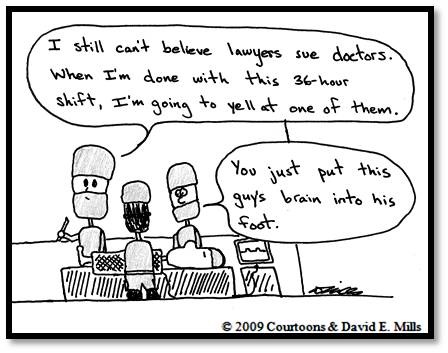The April 2009 edition of the Tennessee Trial Law Report is in the mail.
This edition includes a summary of 11 different cases addressing various aspects of the law of torts, civil procedure, evidence and trial as decided by Tennessee appellate courts between February 15 and March 15, 2009. The newsletter totals 40 pages, including 20 pages containing the full-text (in addition to our summary) of the most important opinion issued last month. We add the full-text of the Smartt decision because we think that it is significant enough that lawyers who seek to stay on top of tort law will want to read it in full.
The newsletter also includes (a) Part 1 of my new, four-part article of the law of jury selection; and (b) a summary of the status of 20 cases of interest to tort lawyers that are pending before the Supreme Court of the United States and the Supreme Court of Tennessee.




